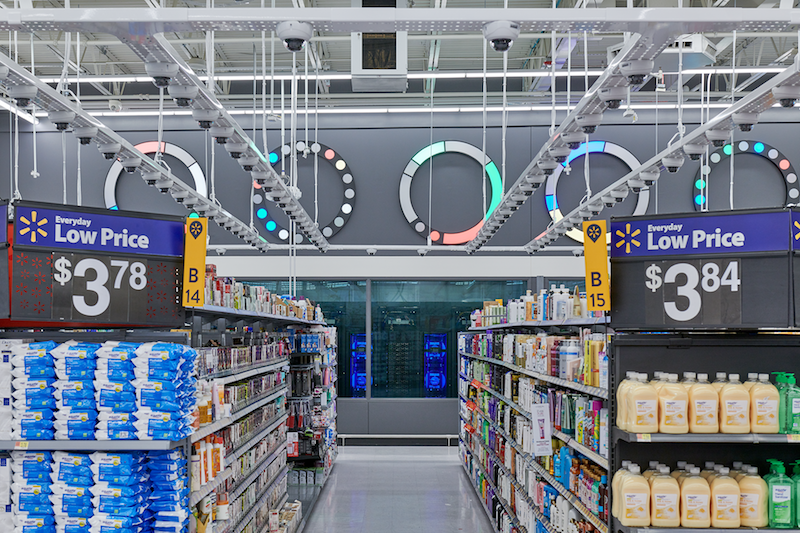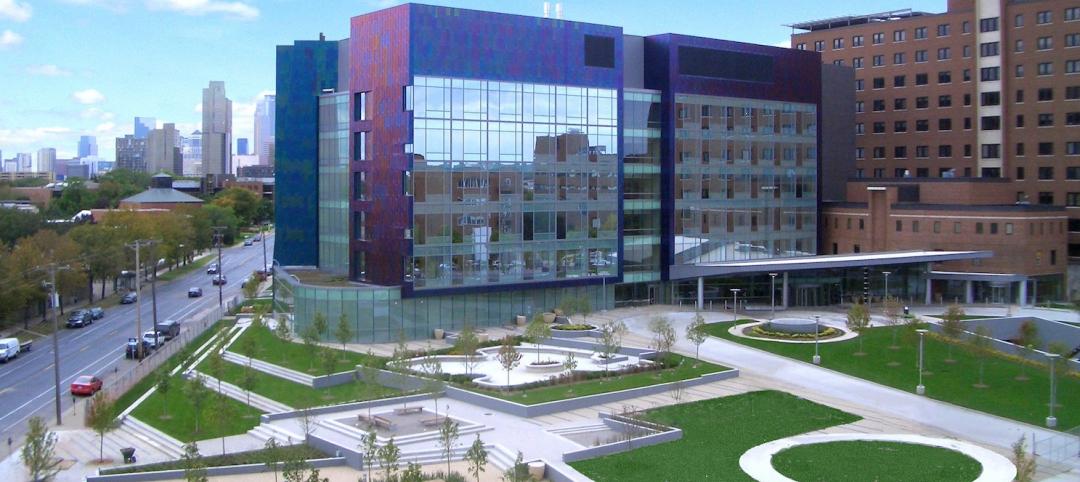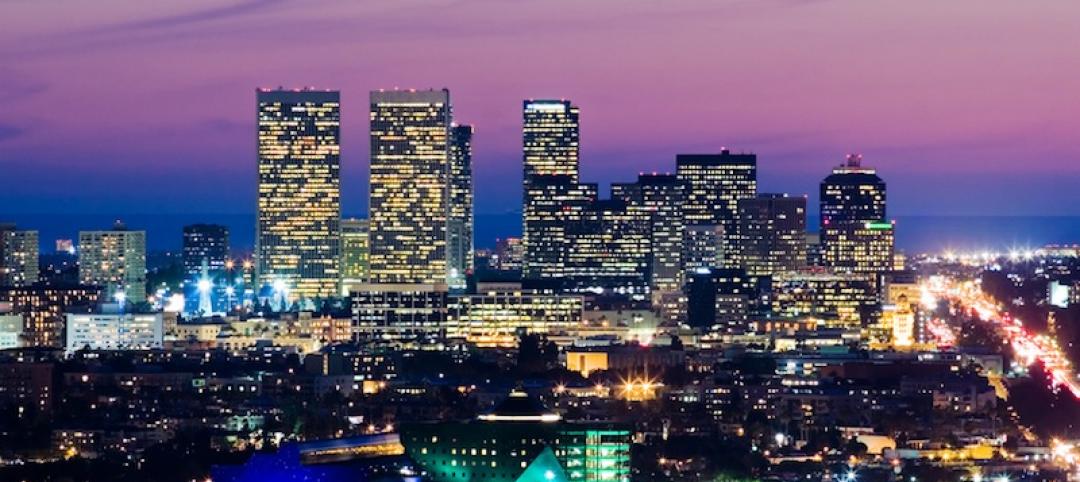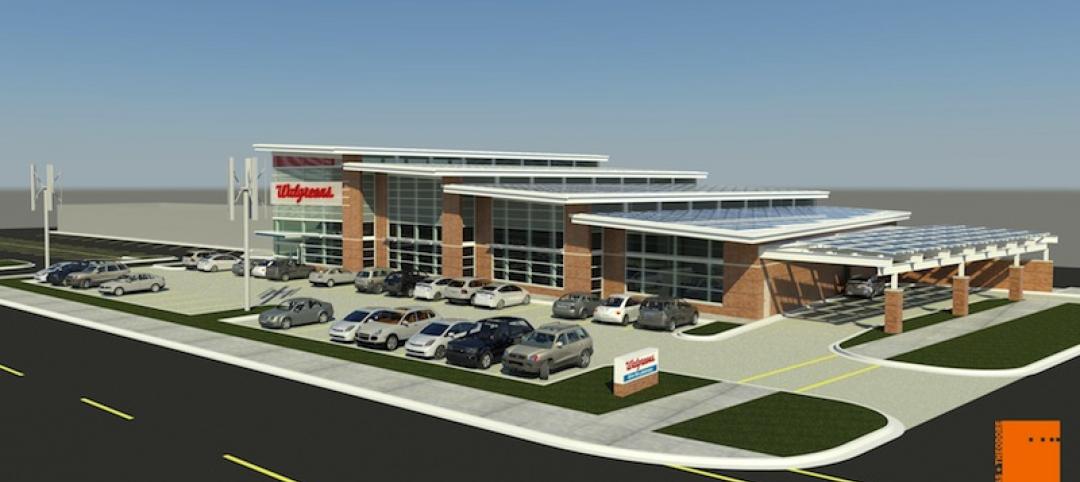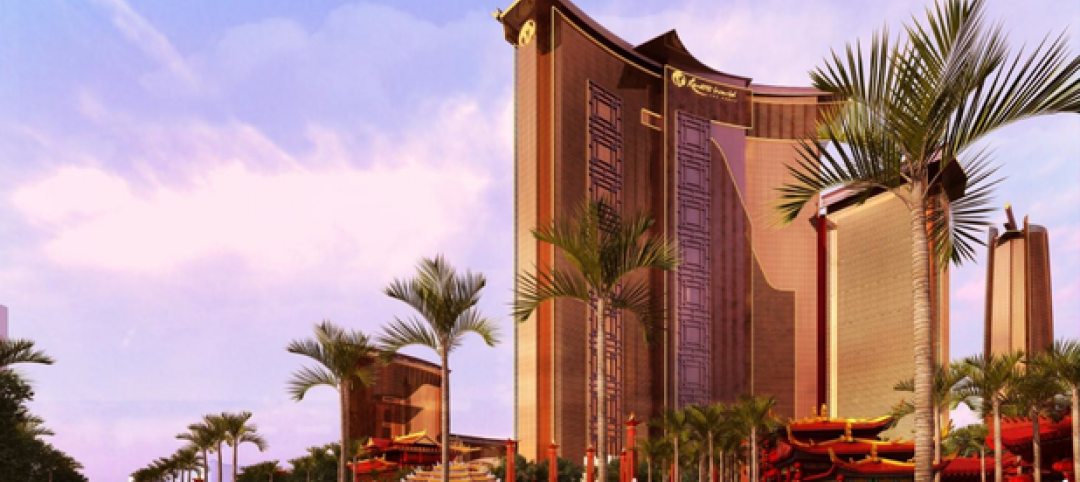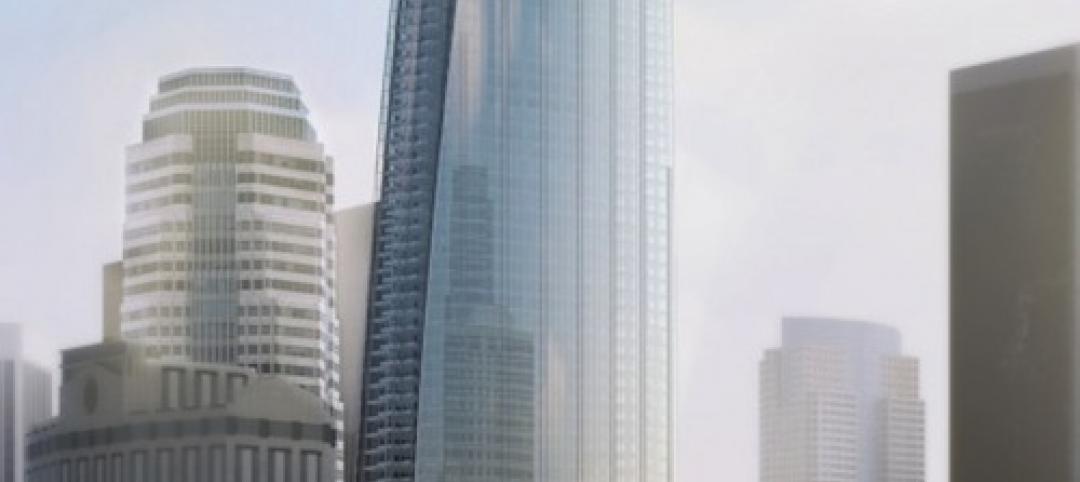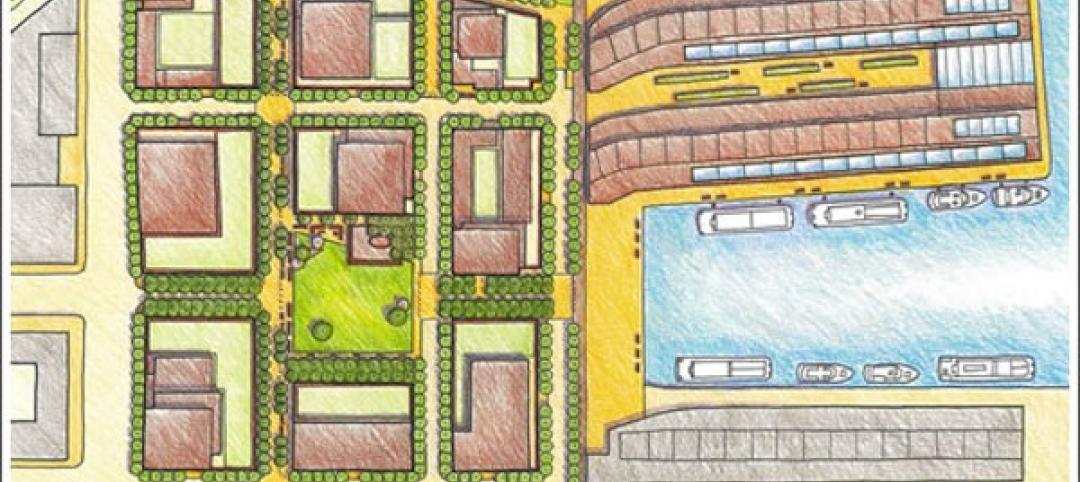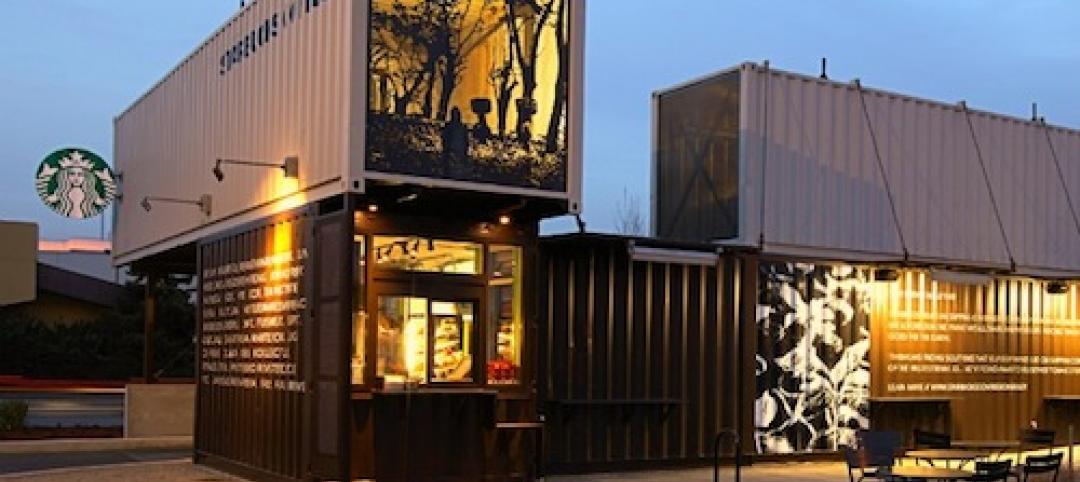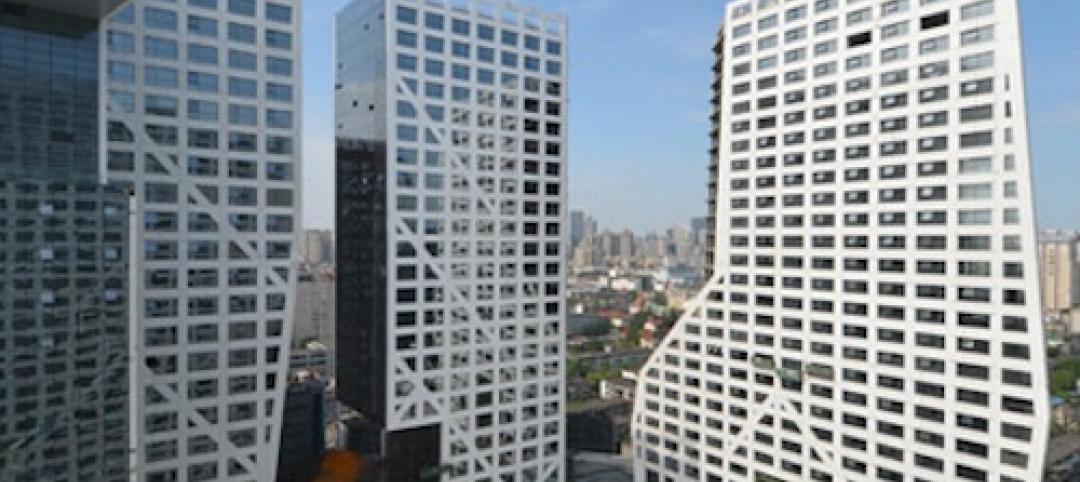Walmart wasn’t about to let Amazon have all the fun when it comes to futuristic, tech-heavy retail prototypes. The retail giant recently unveiled a transformed Walmart Neighborhood Market in Levittown, N.Y., that is now equipped with artificial intelligence-enabled cameras, interactive displays, and a data center.
Dubbed the Intelligent Retail Lab (IRL), the 50,000-sf store will use an array of sensors, cameras, and processors to gather information about things like product inventory and availability. This real-time information will help employees know to restock products when they are needed most.
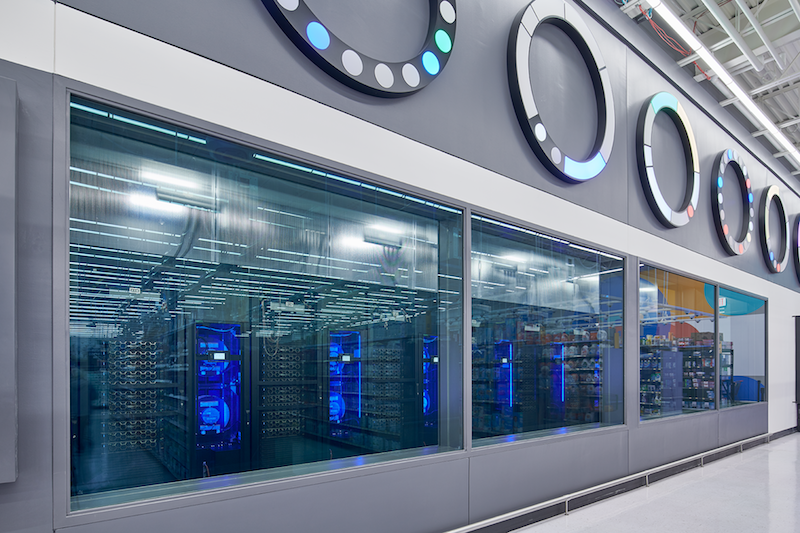
“Customers can be confident about products being there, about the freshness of produce and meant,” said Mike Hanrahan, IRL CEO, in a release. “Those are the types of things that AI can really help with.
See Also: Porsche’s next-gen showroom prototype opens in Palm Springs, Ca.
This means the store can automatically detect a product on the shelf, recognize a specific product (such as differentiating between one pound of ground beef and two pounds), and compare the quantities on the shelf to the upcoming sales demand. If the product is running low, they can restock it before customers arrive without having to comb through the entire store manually.

Upon entering IRL, customers can expect to see a typical Walmart store, with some futuristic highlights. The eye-catching, glass-encased data center with its soothing blue glow, for example, isn’t something you will find at every Walmart — yet. There will also be information stations for customers that will explain how AI is being used in the store and the benefits it has. Interactive educational displays and a Welcome Center will also be available for customers to dive deeper into the stores technology and get any questions they may have answered.
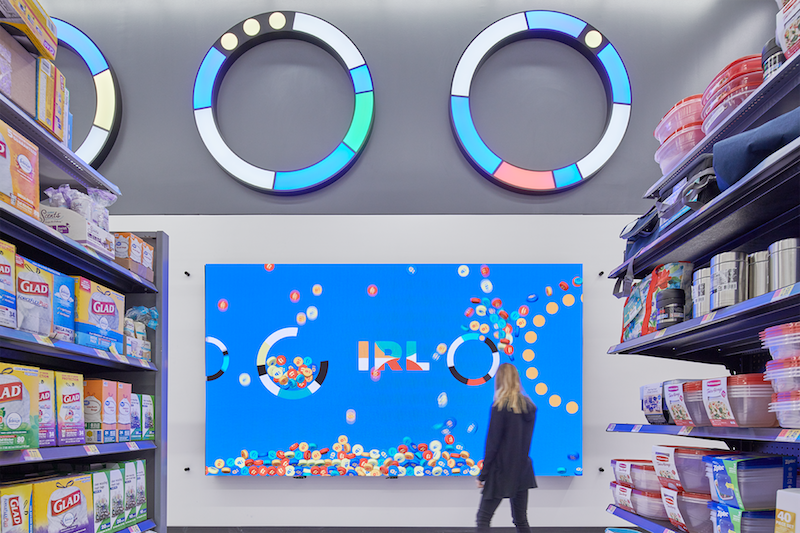
The technology will also help employees spend more time helping customers by performing mundane tasks such as evaluating if shopping carts need to be corralled or not. “We think it’s something our associates will be excited about. The technology has been built to improve associates’ jobs, to make their jobs more interesting, to help them alleviate some of the mundane tasks,” Hanrahan said. “AI can enhance their skill set in a very rapidly changing world.”
In its early days of operation, IRL will mainly be gathering data in order to determine how to best use the technology to improve the experience for customers and employees.
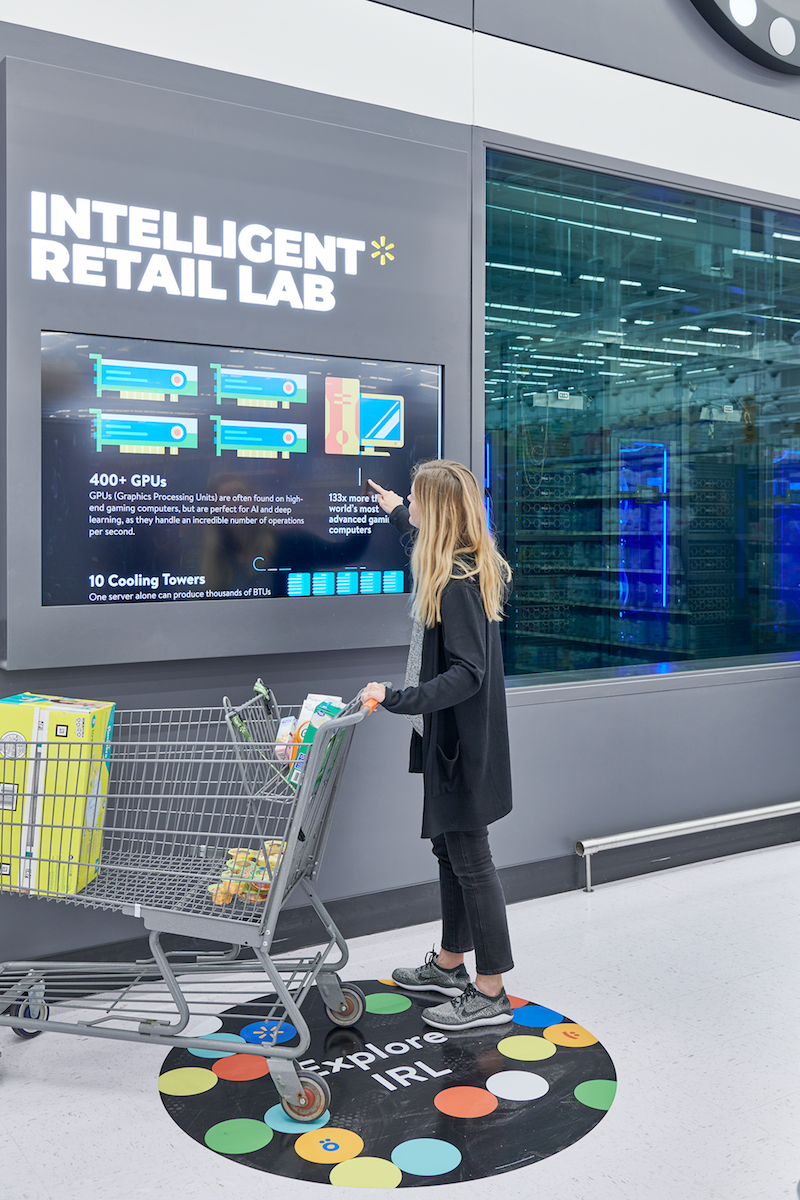
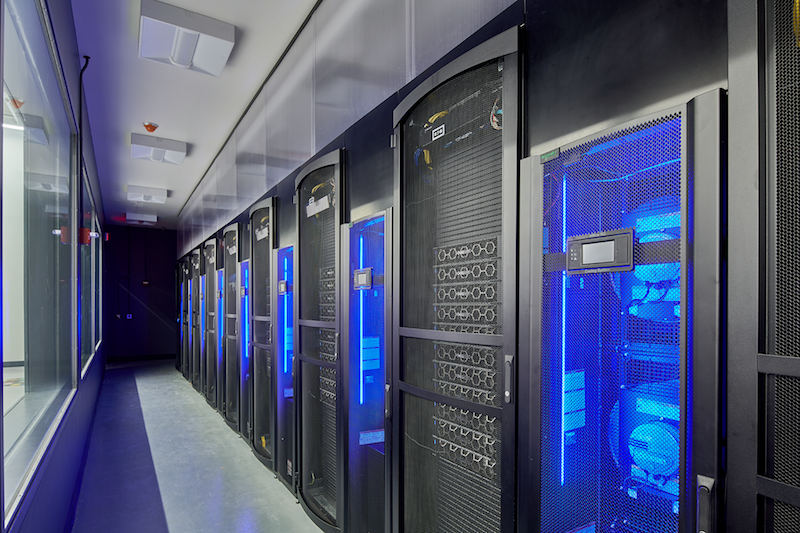
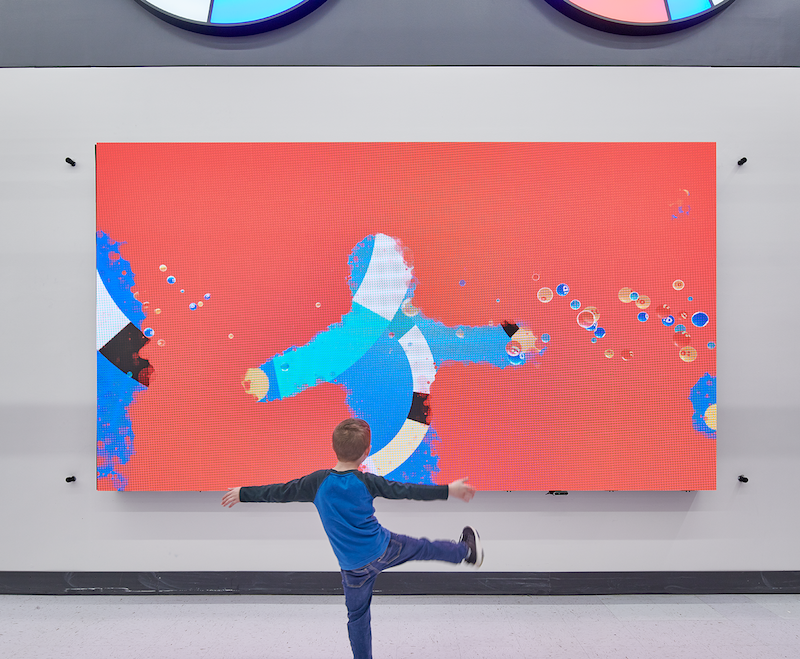
Related Stories
| Mar 15, 2013
7 most endangered buildings in Chicago
The Chicago Preservation Society released its annual list of the buildings at high risk for demolition.
| Mar 14, 2013
25 cities with the most Energy Star certified buildings
Los Angeles, Washington, D.C., and Chicago top EPA's list of the U.S. cities with the greatest number of Energy Star certified buildings in 2012.
| Mar 10, 2013
Walgreens to build first net-zero energy retail store
Walgreens announced plans last week to build one of the nation's first net-zero retail stores. The Evanston, Ill., location will utilize solar panels, wind turbines, geothermal technology, LED lighting and ultra-high-efficiency refrigeration to produce energy equal to or greater than the building consumes.
| Mar 7, 2013
Vegas rebound: Genting Group acquires assets of stalled Vegas casino-resort
International hospitality giant Genting Group has announced a deal with Boyd Gaming Corp. to purchase the land and assets, including partially built structures, of the stalled Echelon casino-resort in Las Vegas.
| Mar 4, 2013
Korean Air, AC Martin collaborating on Western region's tallest tower
The 1,100-foot Wilshire Grand will combine retail and restaurant space, offices, and a luxury hotel in the sky.
| Feb 22, 2013
Starbucks pilot program rolls out small, modular stores
Coffee giant Starbucks is rolling out mini-stores with maximum local flavor, as part of an international pilot program.
| Feb 21, 2013
Holl videos discuss design features of Chengdu ' Porosity Block' project
Architect Steven Holl has released two short films describing the development of Sliced Porosity Block in Chengdu, China.
| Feb 20, 2013
Higher standards, efficiency programs keys to 40% energy usage reduction in commercial buildings since 1980
Commercial buildings have seen a drop in their energy intensity of more than 40% since 1980, according to a recent report from Bloomberg New Energy Finance and the Business Council for Sustainable Energy.


